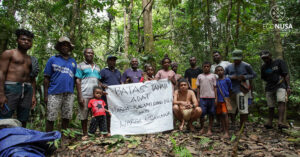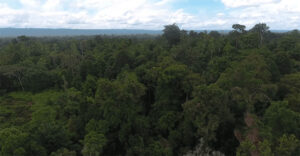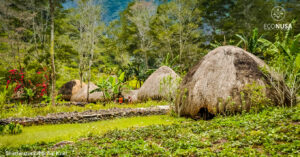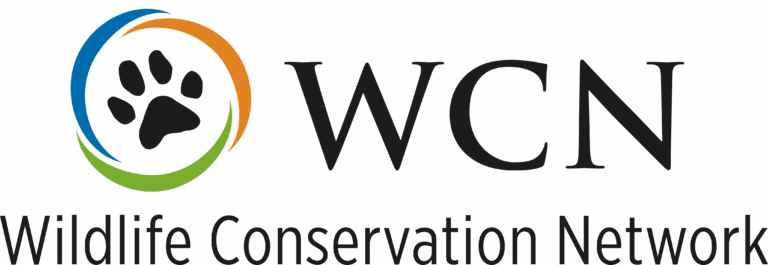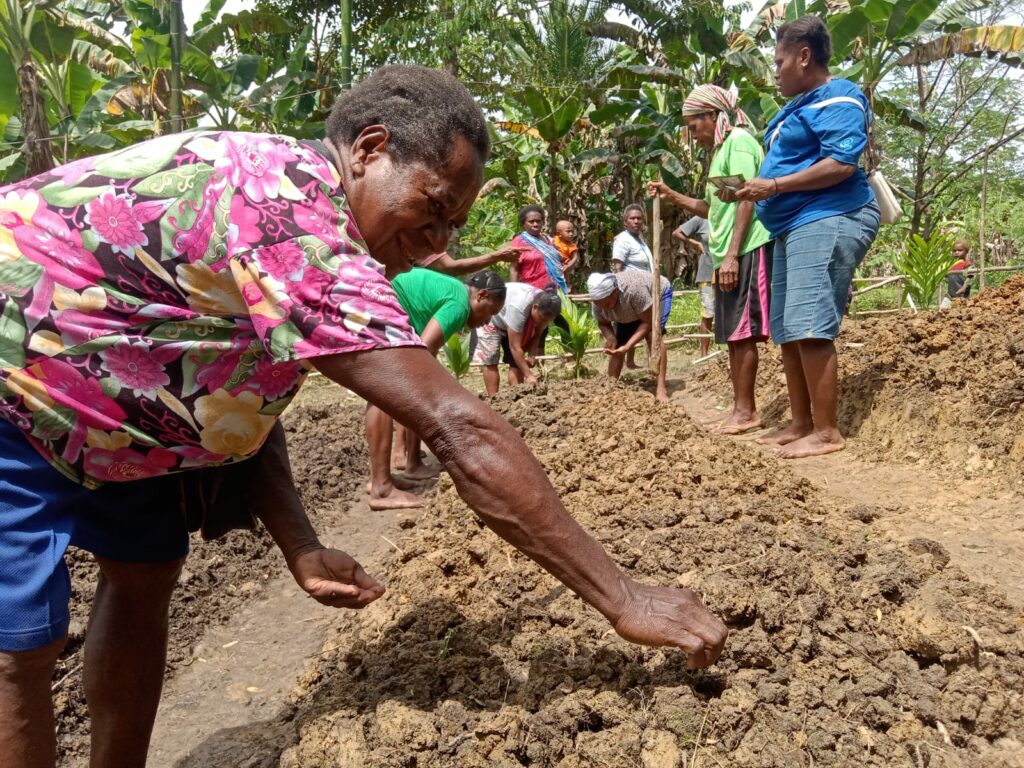
For Wersar and Tapiri communities in South Sorong Regency, Southwest Papua, vegetables are not only food but also as the main source of their daily income. “The majority of communities here are farming vegetables and tubers. Even the civil servants and office employees have their own fields for vegetable farms. We sell the yields to the market,” Brando Makabe, local farmer of Tapiri Village shared his experience participating in The Village School Program (10/2).
Everyday, people go to a field in the forest at their customary territory to cultivate the plants, such as chili, long beans, eggplants, and tomatoes. Most of them still implement traditional farming with a shifting fields system. The shifting field system is practiced by local communities where they cut down and burn specific areas in the forest, so they can utilize it as a farming field. This tradition will then make the local communities leave the area they have used for farming because they assume that the soil is no longer fertile, and then look for another location. “Every family has their own field, the biggest field is around 50 x 70 square meters, but with very minimum yields,” said Bardo.
Read Also: Waimon and Kasimle Village Schools: Training for Village Development
Wersar Village, Tapiri Village and other villages in the area used to be in an oil palm plantation concession area. South Sorong Regency Government revoked the licenses in 2021 as the follow-ups of palm oil license review in West Papua Province. The review resulted in violations conducted by many companies, including oil palm plantation companies located in Wersar and Tapiri Villages areas.
“We hope that companies will not operate in our areas as it will greatly disrupt our livelihood. Not only disrupting our farms or garden but also disrupting staple sago and other endemic crops. If oil palm operates here, people might starve,” said Brando.
Local economic independence is important. Thus, EcoNusa initiated Village Head Workshop in South Sorong Regency in November 2021, then continued with Social Transformation School in March 2022 as capacity building series program to the local people, aimed to generate village cadres. 13 villages from 5 districts in South Sorong participated in these programs.
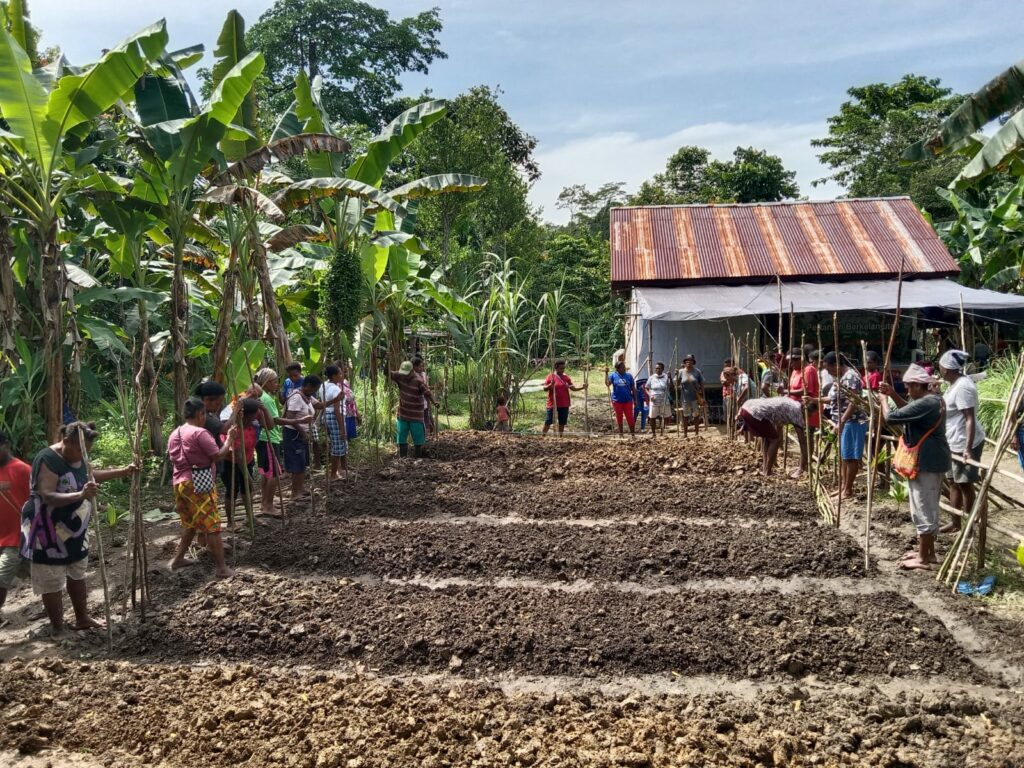
Furthermore, a Village School program about agriculture and farming was conducted on 7-10 February 2023, as a follow up from previous activities. A total of 55 people from Wersar and Tapiri participated to learn about plant nursery, nursery building, land cultivation, and produce organic fertilizer as well as pesticides. The session was guided by agricultural facilitator, Ladino Suyoto. “The training taught semi-modern farming which can easily be implemented by the community. We hope that our friends in Papua will not be left behind by other regions in Indonesia,” said Ladino.
The communities expressed their excitement to the training. They gained new knowledge, such as organic fertilizers and pesticides productions that are safe for the environment and use ingredients that can easily be obtained. The communities have always avoided using chemical fertilizers or pesticides as they understand that it will harm their families and the environment. They were also enthusiastic about practicing the semi-modern farming method so they can continue utilizing the current areas of the field without needing to shift and open new fields.
Read Also: Fostering New Hope from Vanilla from Village School in Molof and Warlef, Keerom
“We are very grateful. Previously, we followed the way of our ancestors with the field shifting system. Now, the facilitator taught us how to make modern beds, how to produce our own fertilizer, so we no longer need to spend a lot of energy to clear the land,” said Treasurer of Tapiri Village, Salmon Kaimin Kondororik. He added, the government of Tapiri Village will discuss budget allocations to facilitate community farming.
Positive response also came from The Head of Wersar Village, Agustinus Thesia. He said that he would prepare an area for the community to practice all the knowledge gained from the Village School. He also encouraged the participants of the program to pass on the knowledge to other residents who did not take part in these training sessions. “Practice the knowledge, so our farmers, who previously could only cultivate 2 bunches of banana leaves, can now cultivate 1 sack. Then we can compete the market,” he said.
Editor: Nur Alfiyah


